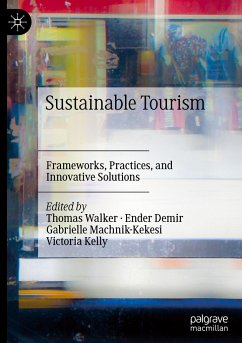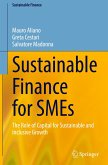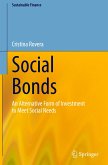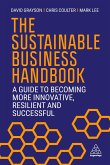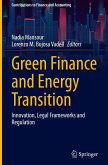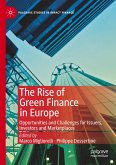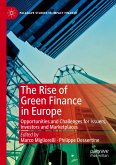This edited volume aims to ignite an academic discussion regarding necessary, and urgent, adaption and mitigation strategies for the tourism industry. Now more than ever, there is a need for designing and implementing concrete strategies for a world in which tourism practices are sustainability-minded, not only to rescue this key industry from the devastating effects of the COVID-19 pandemic, but also to limit the effects that it has on pollution, climate change, and at-risk populations. Achieving this goal will require innovations that can help us synchronously adapt to committed change as well as shift our planning processes and alter our behaviours.
Including contributions from international experts in the fields of tourism management, economics, political science, finance, business, and sustainability, this book provides much-needed research on sustainable tourism by evaluating current and future trends, global contributions, case studies and new research evaluating issuessuch as over-tourism and under-tourism, as well as the general effects that tourism have on a region's economy, environment, culture, and society. In addition, it will explore how sustainable tourism can help alleviate, mitigate, or control these problems.
This book aims to provide insight into how we can still enjoy and benefit from touristic travel while implementing appropriate strategies and adaptation plans in the areas of health, culture, the economy, and the environment and showcase investigations of alternative tourism frameworks and tourist perspectives. It will be of great interest to academic and practitioner communities in business and policy, as well as economics, tourism management, development studies, finance, cultural heritage management, policymaking and entrepreneurship.
Including contributions from international experts in the fields of tourism management, economics, political science, finance, business, and sustainability, this book provides much-needed research on sustainable tourism by evaluating current and future trends, global contributions, case studies and new research evaluating issuessuch as over-tourism and under-tourism, as well as the general effects that tourism have on a region's economy, environment, culture, and society. In addition, it will explore how sustainable tourism can help alleviate, mitigate, or control these problems.
This book aims to provide insight into how we can still enjoy and benefit from touristic travel while implementing appropriate strategies and adaptation plans in the areas of health, culture, the economy, and the environment and showcase investigations of alternative tourism frameworks and tourist perspectives. It will be of great interest to academic and practitioner communities in business and policy, as well as economics, tourism management, development studies, finance, cultural heritage management, policymaking and entrepreneurship.

